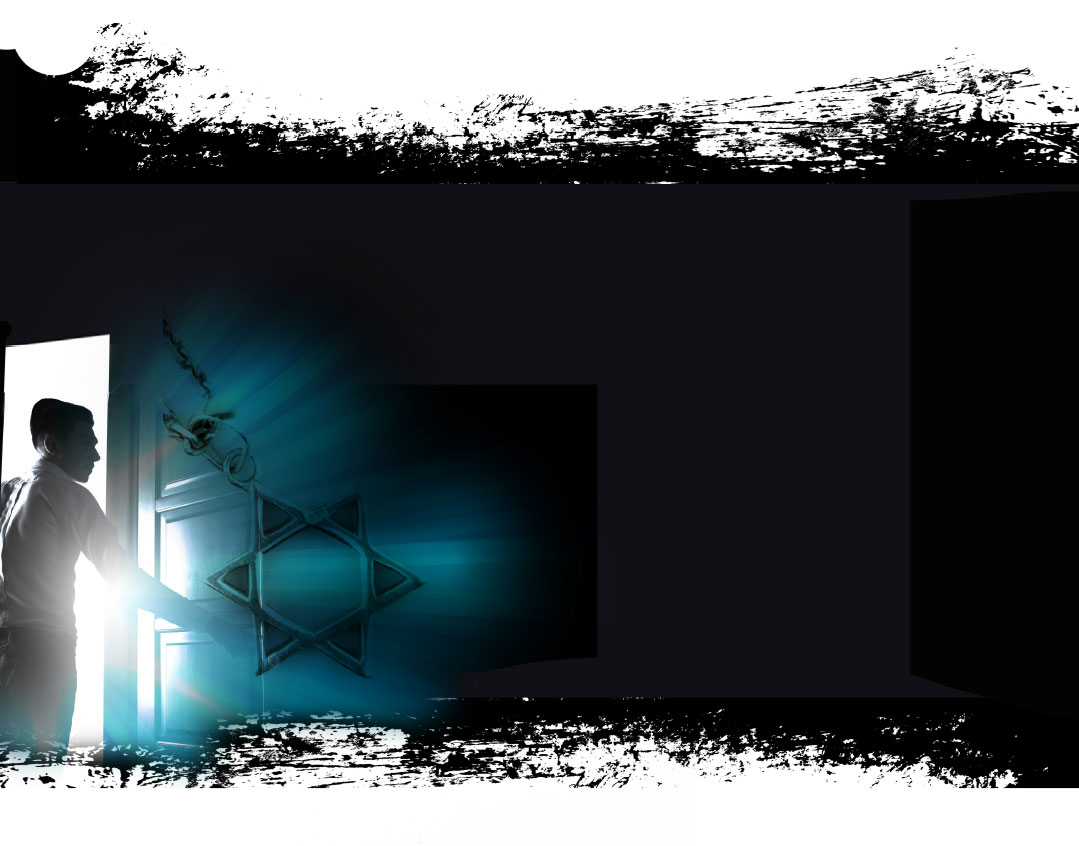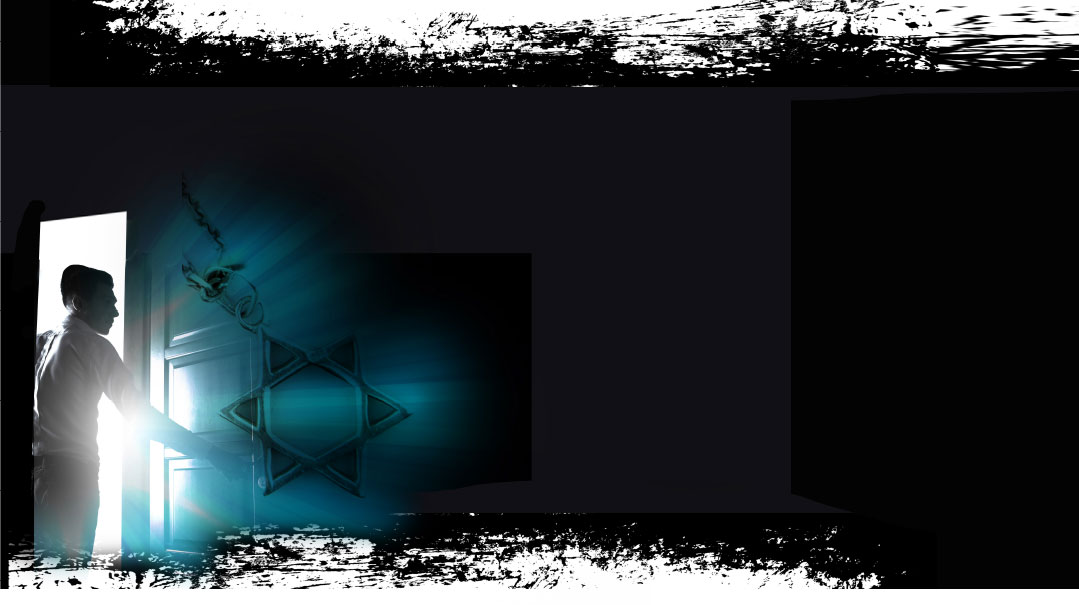Send Them Off as Jews: Chapter 3
| December 2, 2020She wants him to be the same person he always was, but all he wants to do is daven and learn all day

I’m not sure that Max was a Yekkeh, but he certainly fit the stereotype. He was meticulous in his Yiddishkeit. When he bought a house in a new neighborhood, he chose the shul that was the most serious about avodas Hashem, even though it wasn’t his nusach. Much later in his life, he attended my pre-Shacharis Gemara shiur. I do not remember ever getting to the shiur before Max did.
When Max was diagnosed with cancer, he had more visitors than most people merit, simply because people appreciated him and enjoyed his company. But as time went on and his condition became more serious, his wife started to worry about how he was spending his day.
“She thinks he’s getting depressed,” his rav shared with me as we left Max’s room after visiting him together.
I raised my eyebrows in surprise. We had just spent a very pleasant time schmoozing with Max: a little catching up, a little kibitzing, mostly talking about Torah and Yiddishkeit. He was a very sick man, and his familiar energy and twinkle were no longer there — but he didn’t seem depressed to me.
His rav explained, “He refuses to paint.”
Max had been a talented artist all his life. He painted portraits that were incredibly true-to-life, including works that he had presented to some famous people. Every available space in his home held his paintings. It was his passion.
“She says he does a little bit here and there, but she can tell he does it just to make her happy,” the rav said. “His heart isn’t in it. She wants him to be the same person he always was, but all he wants to do is daven and learn all day. And she thinks he must be depressed about everything he can’t do anymore.”
I’m not a clinician, and maybe Max’s wife was right; maybe he was, to a certain extent, disheartened by his new medical reality. But his rav thought, and I agreed, that maybe something else was going on.
Max was a Jew who had always taken avodas Hashem seriously, and he recognized that this stage of his life demanded a new kind of avodas Hashem. He didn’t want to throw himself into painting right now.
He had other work do: He wanted to learn Torah, he wanted to daven, he wanted to look his journey in the eye and make sure he was prepared. He wanted to have something to bring with him. He wanted to be ready.
Shaya was much younger than Max when he was diagnosed with a terminal illness, but he had similar concerns: He wanted to know what spiritual response was appropriate for this new challenge. Should he work on tefillah and emunah, focusing on his trust that Hashem can do anything and can cure him in an instant? Or should he be “realistic” about what was medically possible and start thinking about teshuvah and preparing for the Next World?
Why, asked his rav, would you choose between one or the other? You need to do both.
We never give up on tefillah; Hashem can do anything. But just like you prepare for Yamim Tovim or for a simchah, you must certainly prepare for death.
Shaya’s rav pointed out that the phrase in Krias Shema Al Hamitah, pen ishan ha’maves, can be interpreted not only as a prayer that we not die in our sleep but also that we not sleep through our death — that we have the courage to face our passing with open eyes, with teshuvah and spiritual preparation. Please, Hashem, let us not sleep through some of the most crucial days of our lives.
Most of us would be incapable of functioning if we spent every day thinking about our eventual death. The Torah says we are tamei when we encounter a dead body because it does overwhelm us. All this is true.
But it is also true that we would be foolish if we never gave it any thought at all. Instead of being emotionally disabled by the thought of death, we can approach it as Chazal taught us: to give our lives direction.
When I visited Max for the last time, he didn’t even have the strength to sit up in bed. But his daughter was sitting by his bedside, and on the tray table there was an open Chumash. They were learning Chumash and Rashi from that week’s parshah; she was reading aloud, and he was commenting from time to time.
That was the last time I saw Max.
Max was not a famous tzaddik. You will not find his biography in any Judaica stores. But when it became obvious that the time had come for his journey from This World to the Next, he didn’t succumb to fear. Instead, he made sure to be prepared. He did not sleep through his death.
(Originally featured in Mishpacha, Issue 838)
Oops! We could not locate your form.



